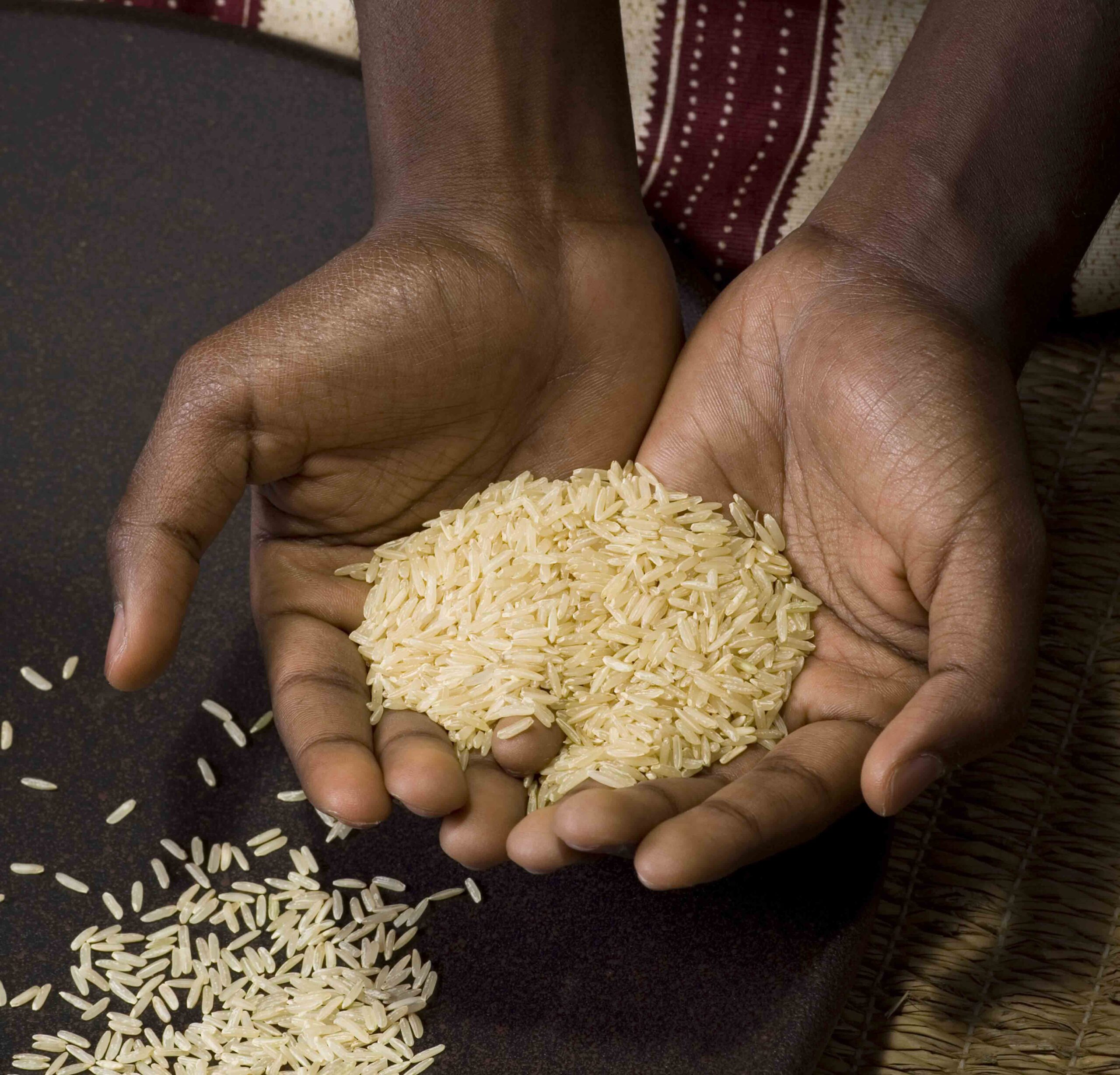• Investigators from the Centre for Plant Biotechnology and Genomics (CBGP, UPM-INIA), in collaboration with the University of Lleida-Agrotecnio and the Catalan Institution for Research and Advanced Studies (ICREA), have succeeded in producing the first transgenic cereals that express two key components of nitrogenase, the enzyme which fixes atmospheric nitrogen by converting it into ammonia.
• This achievement represents a major step towards developing cereal crops that fix their own nitrogen, which would dramatically reduce fertilizer input requirements. In addition, the research has focused on rice, an important staple crop that provides the main or only source of calories for more than 2.5 billion people in developing countries.
Madrid-Lleida, Spain, October 6th 2022.
Investigators from the Centre for Plant Biotechnology and Genomics (CBGP, UPM-INIA), in collaboration with the University of Lleida-Agrotecnio and the Catalan Institution for Research and Advanced Studies (ICREA), have succeeded in producing the first transgenic cereals that express two key components of nitrogenase, the enzyme which fixes atmospheric nitrogen by converting it into ammonia.
Each component was produced in a separate transgenic plant line and was shown to be biologically active in vitro or in living plants. These transgenic plants cannot yet fix their own nitrogen because additional components are needed to reconstruct the complete nitrogenase enzyme, but the work is nevertheless groundbreaking because it demonstrates for the first time that it is possible to express these highly oxygen sensitive proteins stably in plants, and that the proteins retain their activities.
Crops require nitrogen for growth and productivity because it is a major component of DNA, proteins, chlorophyll and energy-storage molecules such as adenosine triphosphate (ATP). Most crops depend on supplies of nitrate and ammonium from industrial synthetic fertilizers, but more than half of these inputs remain unassimilated, spilling over or leaching into rivers and lakes as a major source of pollution.
Leguminous crops such as peas and beans harbour bacteria that convert nitrogen gas directly into ammonia using an enzyme called nitrogenase. This process is known as biological nitrogen fixation. The introduction of nitrogenase genes into crop plants would provide the machinery needed to fix nitrogen independently. However, the process is extremely complex because many different individual proteins are required not only as the direct structural components of nitrogenase but also accessory proteins needed for its assembly and the provision of energy. The major protein components are also extremely oxygen sensitive.
The investigators overcame this critical bottleneck by producing functional dinitrogenase reductase (Fe protein, NifH) and the nitrogenase cofactor maturase (NifB) in separate transgenic rice lines. Research on nitrogenase expression is usually conducted on laboratory model plants. However, by focusing on rice, an important staple crop that provides the main or only source of calories for more than 2.5 billion people in developing countries, the importance and impact of the results of the studies are substantially increased.
The importance of this work is explained by the project’s principal investigator, Dr. Luis Rubio: “this is a major bioengineering advance as it tears down two technical roadblocks and shows the path to make nitrogen-fixing cereals.” The achievement removes one of the major constraints hindering biological nitrogen fixation in crops and sets the stage for the assembly of a complete and functional nitrogenase complex in plants. Further work to establish plants containing the full nitrogenase would have a lasting impact on global food security, as elaborated by Dr. Paul Christou, ICREA research professor and project lead at the University of Lleida-Agrotecnio Center: “one of the major impacts of the work in the long term will be in low- and middle-income countries, which cannot afford expensive nitrogen fertilizers.”
The work, which has been published in two high-impact scientific journals, Communications Biology and American Chemical Society Synthetic Biology, is part of a research program funded by a grant from the Bill & Melinda Gates Foundation to Dr. Luis Rubio.
Further information
Luis Rubio, Centre for Plant Biotechnology and Genomics (UPM – INIA/CSIC): lm.rubio@upm.es
Paul Christou, ICREA, Univesity of Lleida-Agrotecnio Center: paul.christou@udl.cat
Articles
Image: UPM

